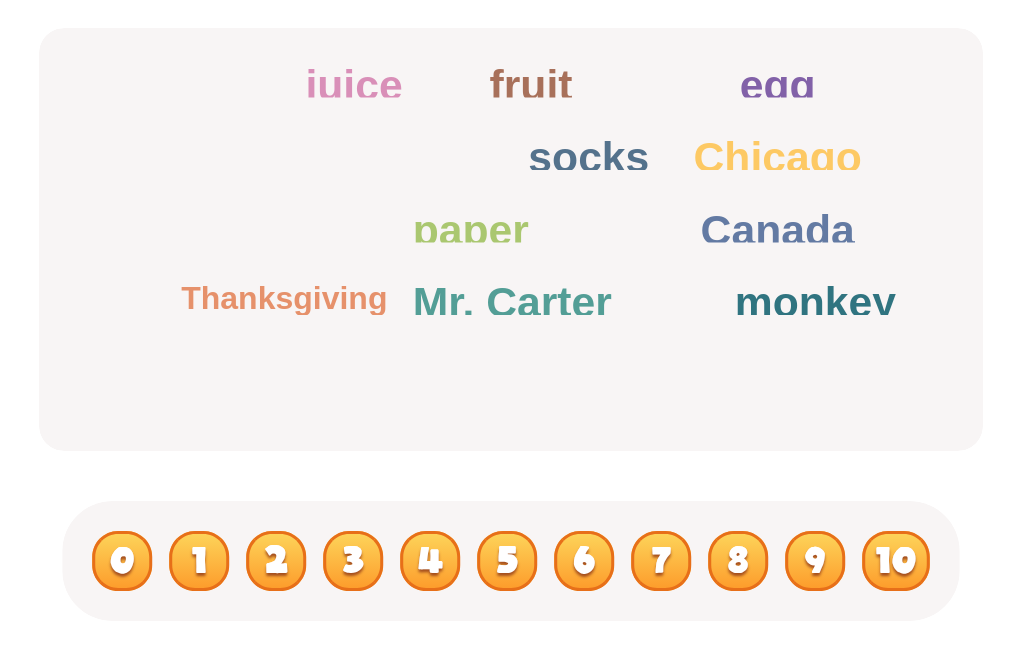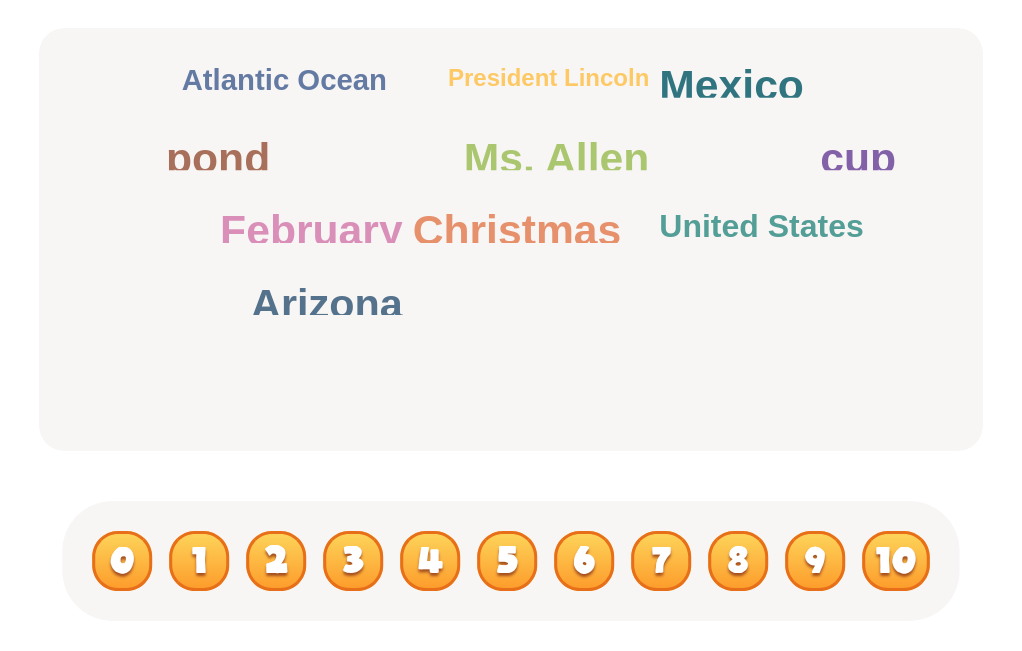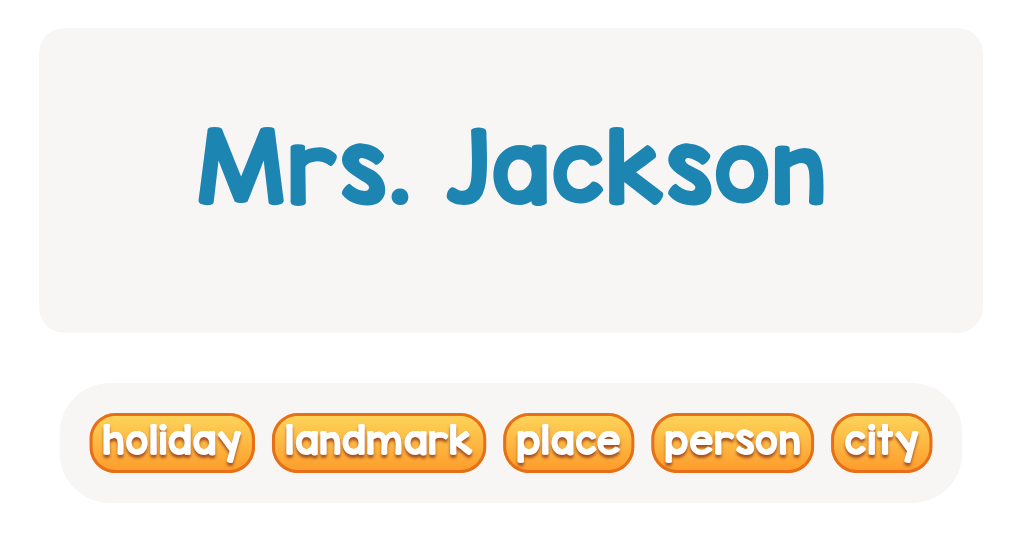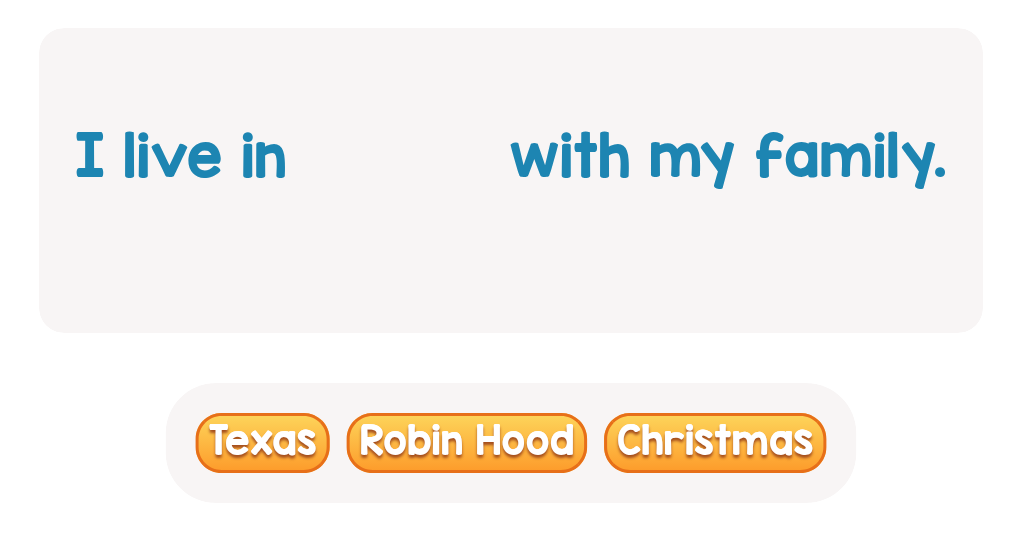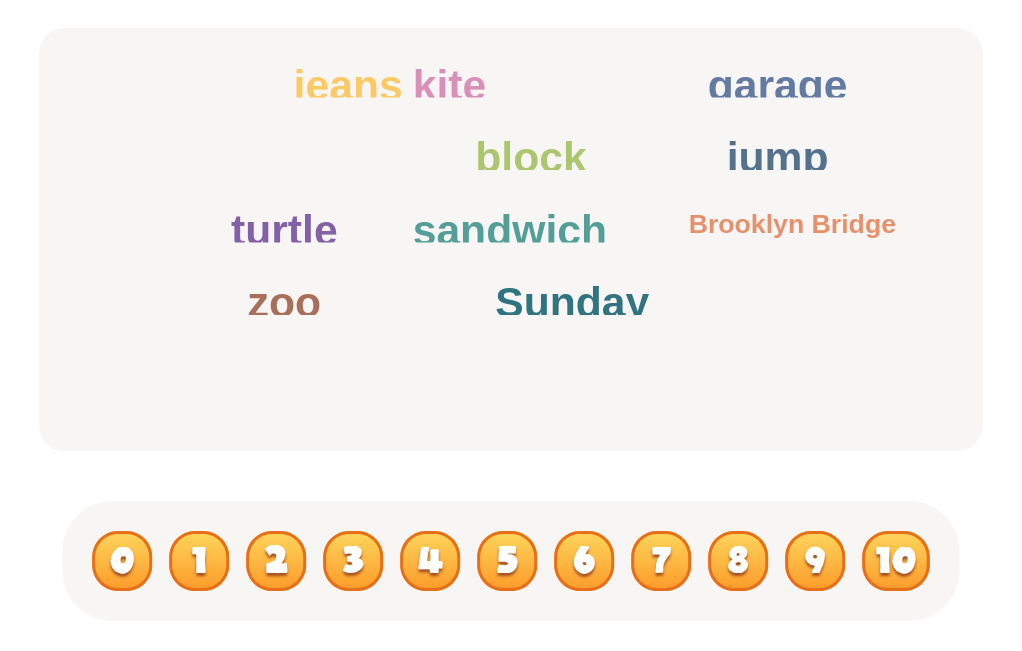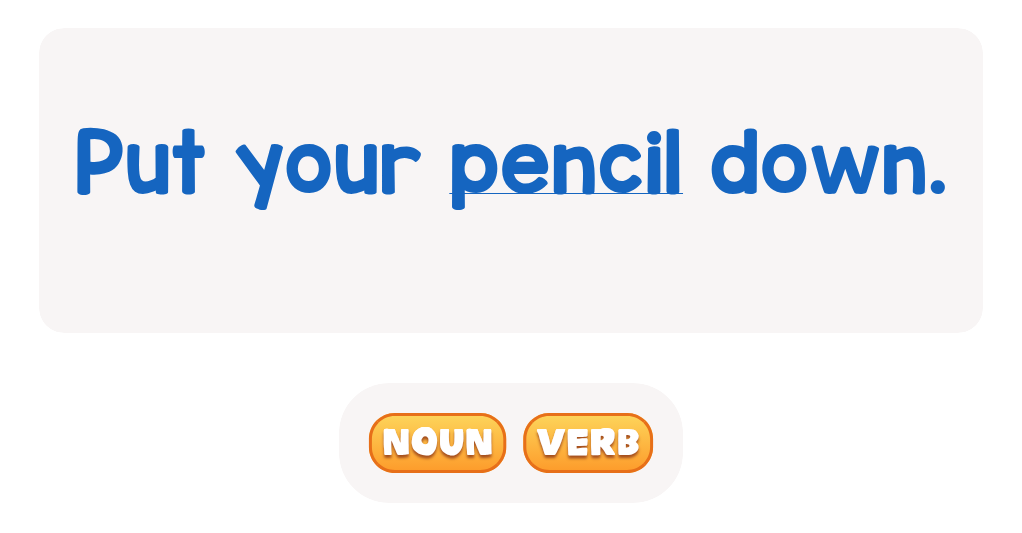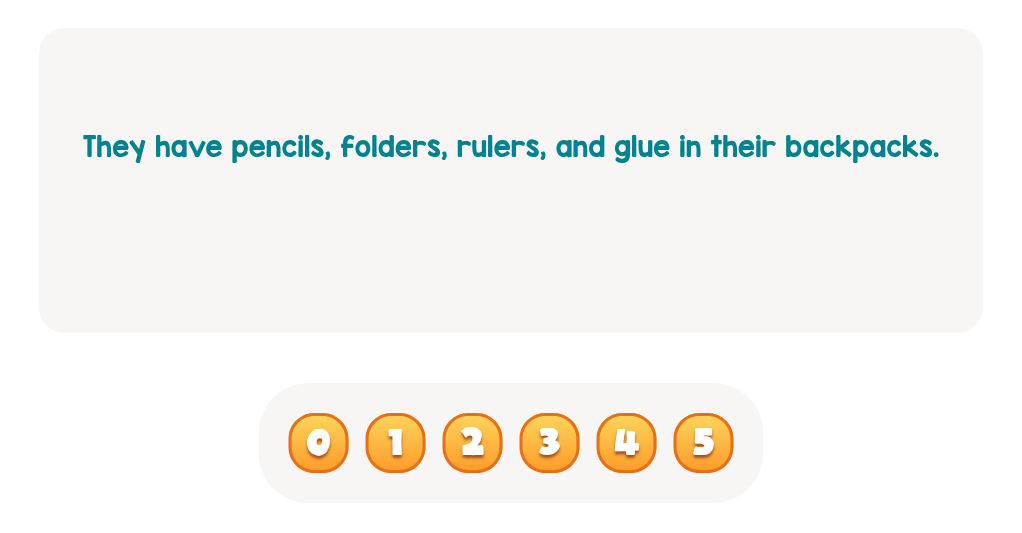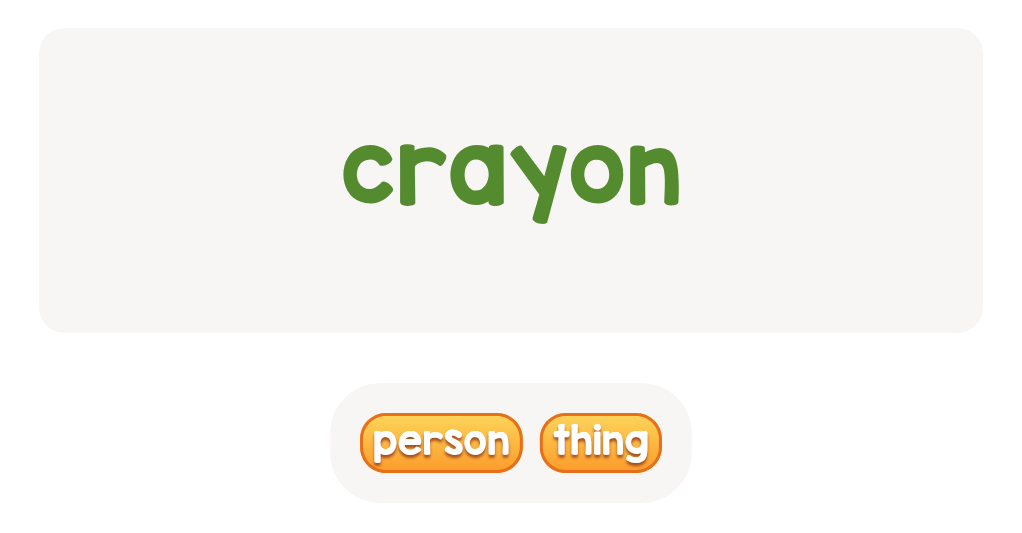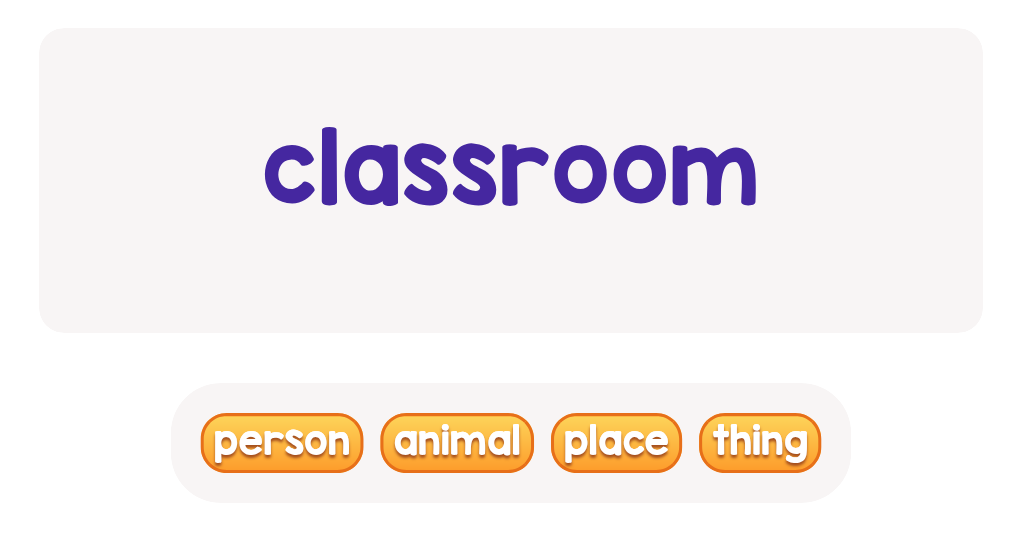Vowel Recognition Normal Grammar Worksheets for Ages 4-9
3 filtered results
-
From - To
Enhance your child's literacy skills with our Vowel Recognition Normal Grammar Worksheets designed for ages 4-9. These enjoyable and engaging activities focus on helping young learners identify and understand vowels in various contexts. Using colorful illustrations and relatable themes, our worksheets make vowel recognition fun and accessible. Perfect for home or classroom use, these printable resources cater to different learning styles, promoting confidence in reading and writing. Foster a solid foundation in language skills as children practice vowel sounds, complete sentences, and develop their grammar proficiency effortlessly. Unlock your child's potential with our comprehensive, user-friendly worksheets and pave the way for academic success!


Short Vowels /e/, /i/, and /u/ Worksheet


Long Vowel Maze /o/ and /i/ Worksheet
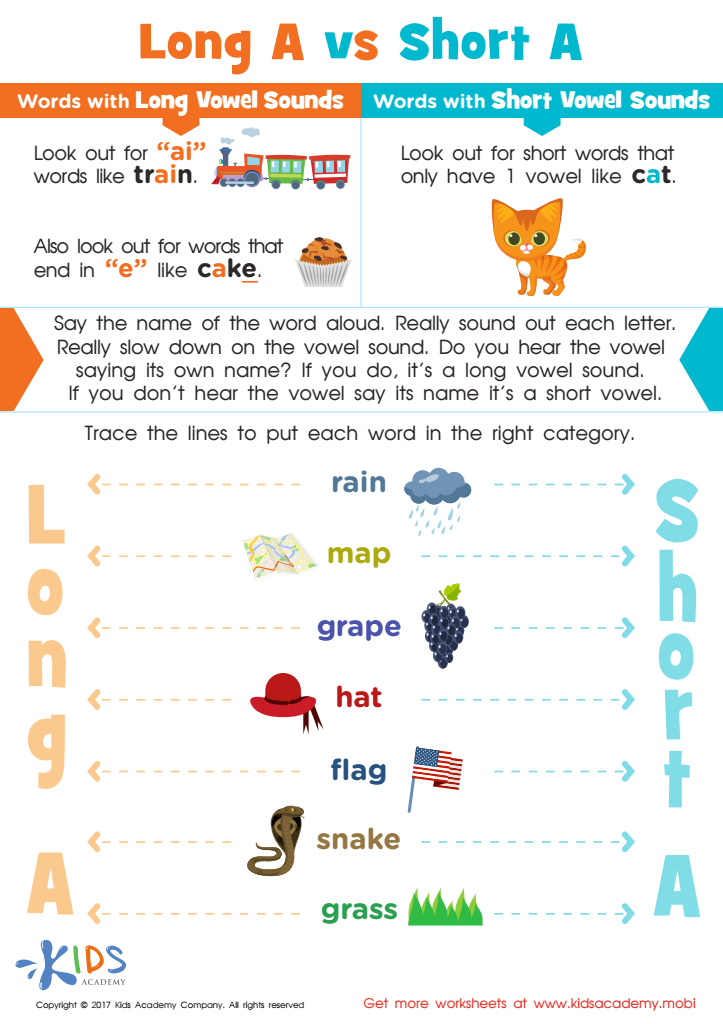

Long and Short Vowel A Spelling Worksheet
Vowel Recognition Normal Grammar (VRNG) is essential for children aged 4-9 as it forms the foundation of their reading and writing skills. At this pivotal stage in their development, children are introduced to the complexities of language, including phonics, word structure, and sentence composition. Vowels play a crucial role in the formation of words, enabling young learners to decode and understand the surrounding text.
When parents and teachers focus on vowel recognition, they not only enhance phonemic awareness but also foster overall literacy skills. Recognizing vowels helps children articulate sounds correctly, read more fluently, and improve their spelling. As they progress through the early grades, strong vowel recognition and usage contribute to greater confidence and competence in communication.
Incorporating VRNG strategies offers a structured approach to language learning, engaging children through songs, games, and interactive lessons. These fun, hands-on experiences make learning enjoyable and efficient, ensuring that children remain motivated.
Moreover, domain-specific vocabulary expansion aligned with VRNG aids in enhancing children's comprehension skills, preparing them for future academic success. In summary, parents and teachers should prioritize vowel recognition to build a strong linguistic foundation, essential for lifelong learning.
 Assign to My Students
Assign to My Students
